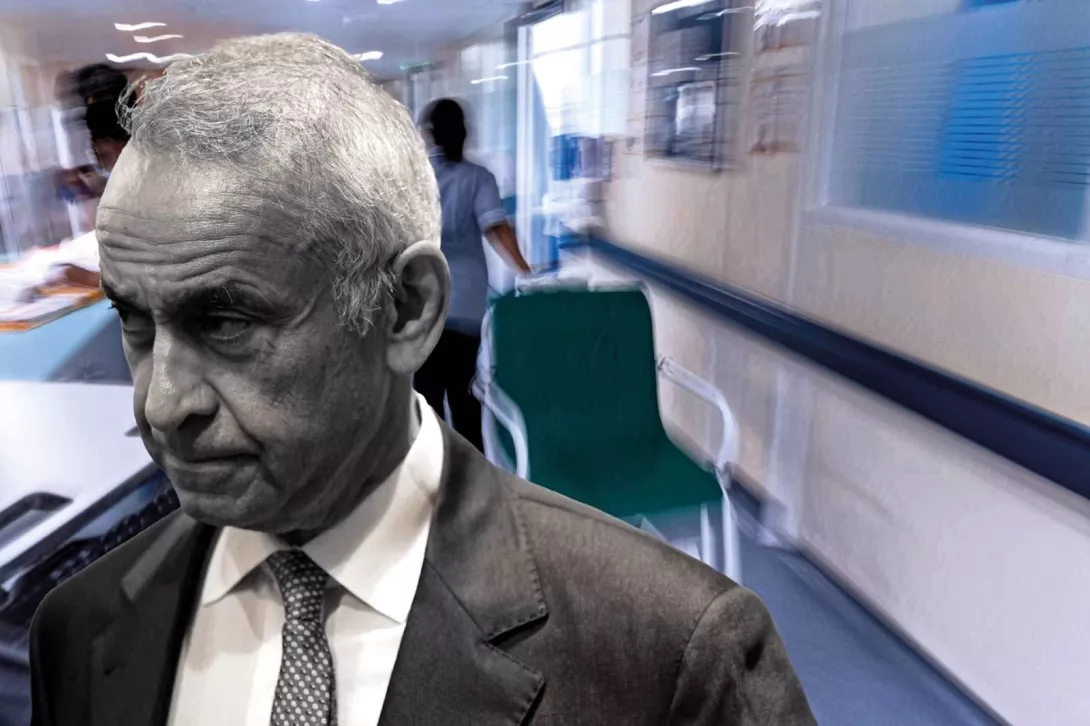
THE new government is determined not to learn the lessons of NHS history, dooming us to repeat it. Its embrace of Lord Darzi’s “rapid investigation” report puts this beyond reasonable doubt.
In his report, Darzi lavishes praise on Tory health policy, particularly the 2014 Five Year Forward View, its subsequent continuation, and the statutory rubber-stamping of the US accountable care organisation (ACO) system, which can be more accurately described as “cuts for cash” and was subsequently renamed integrated care systems (ICS) after bad publicity over US ACOs.
Darzi calls for Labour to continue all of this while at the same time lamenting the “massive Tory damage” to the NHS, which he appears to limit to the consequences of Andrew Lansley’s 2012 NHS and Social Care Act while discounting the hugely harmful effects of the ACO/ICS switch, which incentivises health providers for not providing care by awarding them a share of “savings” generated by doing so.

















